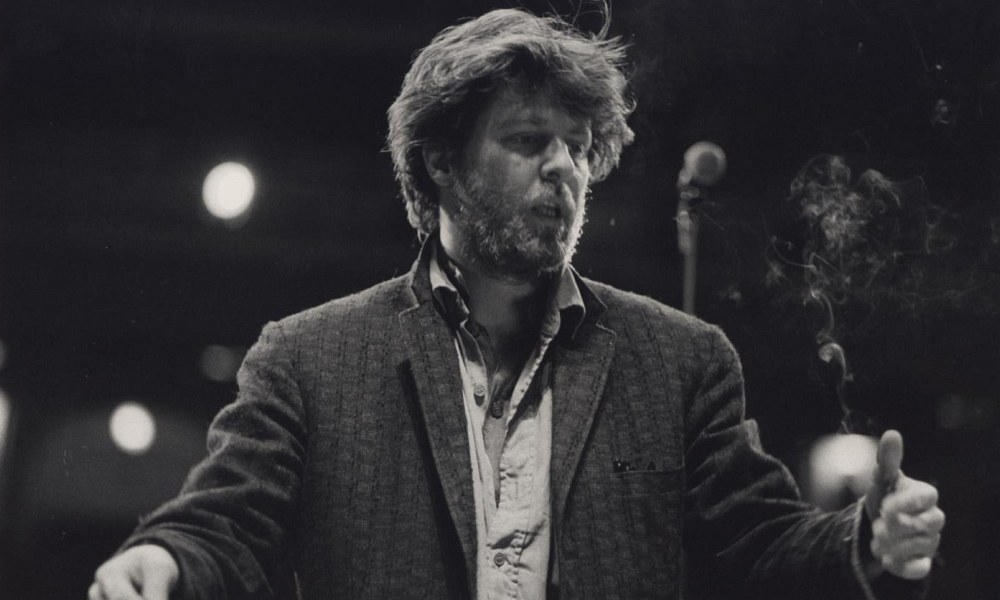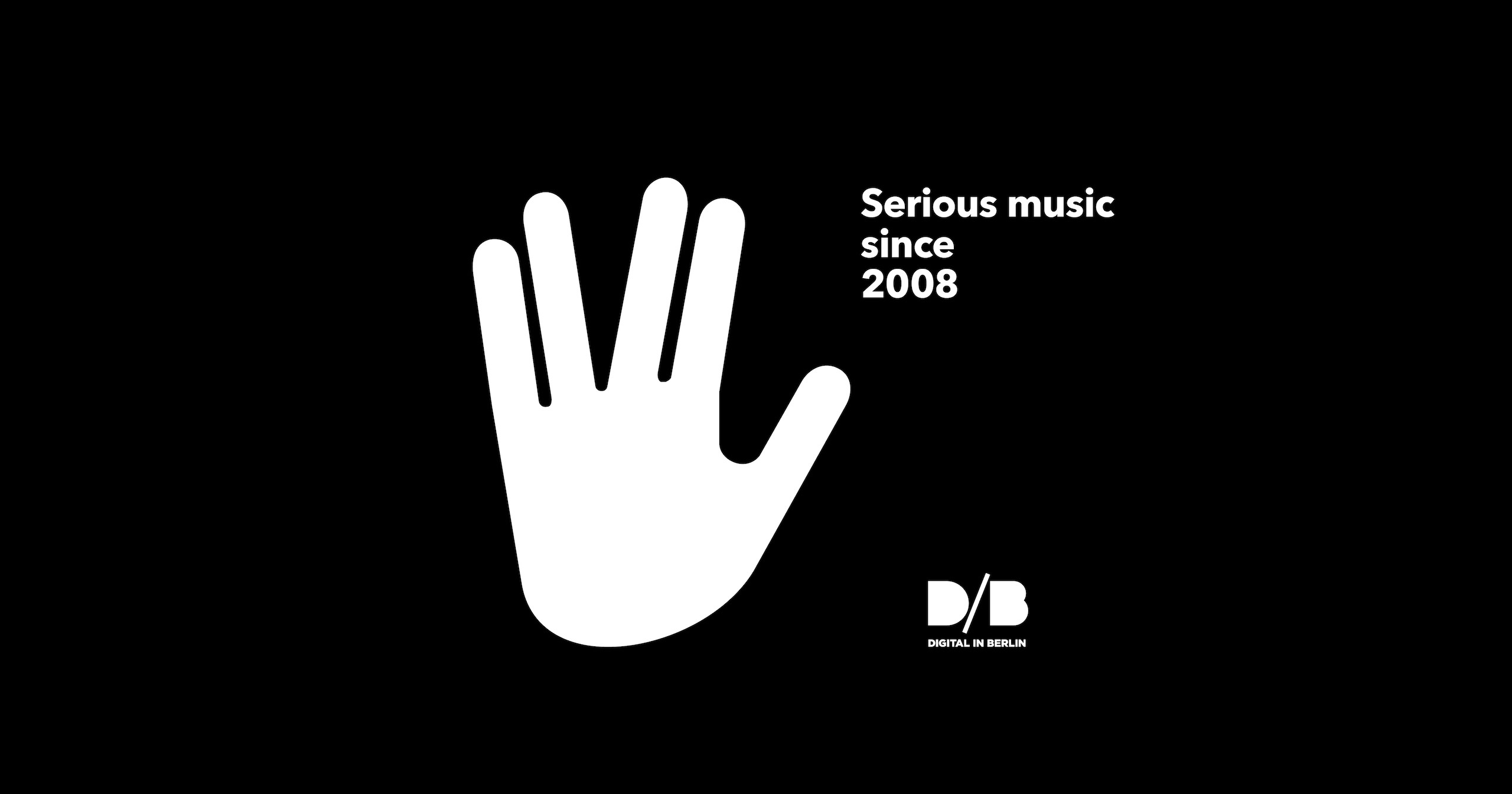Glenn Branca (born October 6, 1948 in Harrisburg, Pennsylvania) is an American avant-garde composer and guitarist known for his use of volume, alternative guitar tunings, repetition, droning, and the harmonic series. In 2008, he was awarded a grant from the Foundation for Contemporary Arts Grants to Artists Award as well as a CAPS grant in 1983, an award from the National Endowment for the Arts in 1988 and a NYSCA grant in 1998, all for music composition. In 2010, Fortissimo Records re-released Branca’s 1981 album The Ascension as a special edition on 180 grams vinyl and Branca wrote a piece The Ascension: The Sequel, which was released in the same year on the label Systems Neutralizers. This follow up piece led to new interest in his work and notable performances at Primavera Sound Festival 2011 and Villette Sonique 2011. The Glenn Branca Ensemble will perform in October in Berlin at Volksbühne am Rosa-Luxemburg-Platz.
Facts
When humans learned that they could use stones to break things, to kill animals and other humans, to build things, to use as a kind of hammer they had taken one of the first steps in manipulating their reality. In our age we have learned many more ways to manipulate reality. Things that in the not to distant past would have been considered magic. But, and this is my point, the fact the we have made these technological advances does not mean that we understand the nature of reality. Learning how to use a stone as a tool did not give early humans this understand ing. Why should we believe that we have it simply because we have discovered so many new ways of changing our reality?
The fact is that we don’t understand anything about where we come from, what we are, where we are and why we’re here. Simply because with science we can change reality doesn’t mean that we know what it is.
All philosophy (including religion) and even science, to some extent, is subjective. All of these things are our own inventions. There is no objective way to prove any of it. What we call proof and logic has also been an invention. Often one that can be used against us by Sophists who subvert logic to sell their own agendas. I think of people like this as “The Sophist Pricks”. They can be very dangerous people who are more powerful today than ever before due to their ability to reach larger numbers of people quickly and easily. If we are to survive we must reject the concept of belief.
Questions
What is the biggest inspiration for your music?
My own imagination.
How and when did you get into making music?
As a kid, maybe age 12 or 13 I starting making Cage-like collage recordings for my own amusement with a number of cheap broken reel to reel tape machines that my parents would get me for birthdays and Christmas. At the time I didn’t think of it as music and I had never heard of Cage. But in retrospect it’s clear that that was where I started. Elements of some of what I was doing then still exist in my music today. I did not study music. I was an actor, then a director and then a playwright. But the pull of music was a large part of my life and eventually it overcame all of my other passions.
What are your 5 favourite albums of all time?
I could give my 1000 favorite albums. Choosing just five is utterly impossible. My taste in music is and always has been very wide.
What do you associate with Berlin?
Gigs, venues, hotels, train stations, airports and beer of course.
What’s your favourite place in your town?
Manhattan itself. I’ve lived here for almost 40 years and couldn’t imagine living anywhere else. It is an island oasis. A world unto itself.
If there was no music in the world, what would you do instead?
Read and write novels.
What was the last record you bought?
I only buy mp3’s now. The most recent was “Sinatra: Best of the Best”.
Who would you most like to collaborate with?
I prefer not to collaborate. But I would like to write a piece of music for a Richard Foreman play.
What was your best gig (as performer or spectator)?
Actually a performance of my “Symphony No. 6 (Devil Choirs at the Gates of Heaven}” in Berlin before the wall came down. I don’t remember the name of the venue.
How important is technology to your creative process?
I’m a primitivist. I don’t think technology has done much to improve the quality or originality of music. In fact just the opposite. A composer’s most powerful tool is the mind.
Do you have siblings and how do they feel about your career?
My only sister has been dead for years. But she was impressed when she first saw my picture in The NY Times.
Our Favourites:
The Ascension
Dissonance by the Glenn Branca Band
Symphony No.3 (Gloria)
Links: glennbranca.com | Facebook | Interview with Glenn Branca by Digital in erlin
Picture by Tom Caravaglia / tomcaravaglia.com

